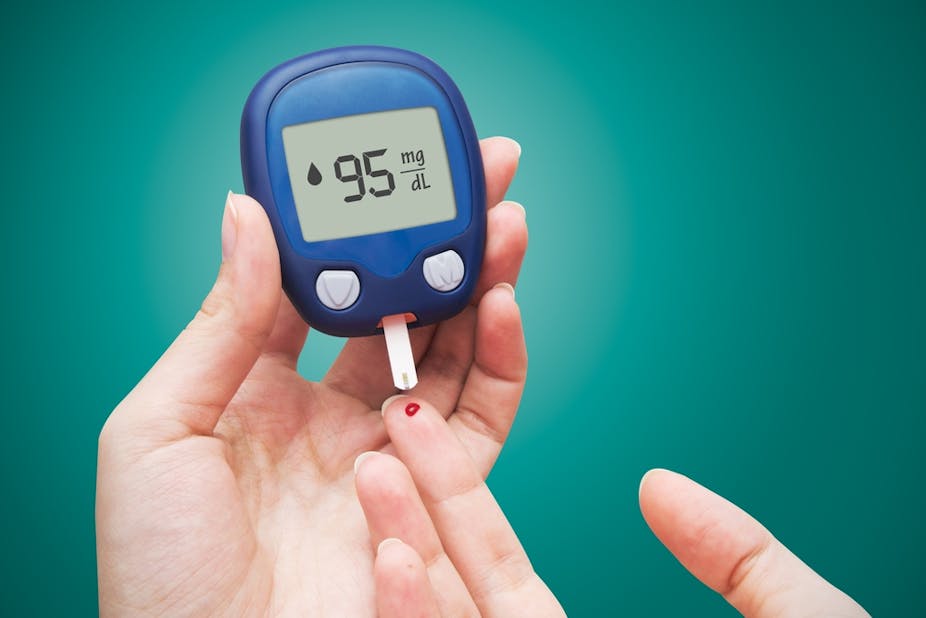What is common between diabetes and cheese?
Another examination demonstrates that cheddar improved insulin affectability in prediabetic rodents, however industry subsidized the exploration.
As per the American Diabetes Association (ADA), 30.3 million grown-ups in the United States live with diabetes, and the condition is the seventh driving reason for death in the U.S.
In sort 2 diabetes, an individual's body is unfit to legitimately utilize insulin to ingest sugar from the blood into cells.
Cheddar stacked with fat and salt is a hostile subject with regards to diabetes and wellbeing by and large.
While numerous individuals appreciate it as a component of their eating regimen, the ADA prescribe decreased fat assortments over ordinary fat cheddar.
The huge issue with investigation into the impacts of cheddar is that numerous examinations get backing by dairy associations.
Regularly, it isn't clear how much a funder is engaged with the structure and elucidation of a specific report. Open question of these examinations is obviously high, especially when they make striking cases that counter general wellbeing exhortation.
An ongoing report fans the flame by appearing both normal fat and low-fat cheddar improve insulin affectability in prediabetic rodents. Dairy Farmers of Canada financed the examination.
Cheddar improves insulin affectability
For the investigation, Catherine Chan — a teacher in the Faculty of Agricultural, Life and Environmental Sciences at the University of Alberta in Edmonton, Canada — and her teammates took a gander at how prediabetic rodents fared on an eating routine of ordinary cheddar contrasted and low-fat cheddar, read more.
The group bolstered the rodents a high-fat eating routine for about a month to make them prediabetic. At that point they included either customary cheddar or low-fat cheddar to the eating routine of a portion of the rodents for an extra 10 weeks. The rodents in the control bunch got a low-fat eating routine all through the examination.
There were no distinctions in the dimensions of fasting blood glucose or fasting insulin after the rodents had been on their separate preliminary weight control plans for 10 weeks.
At the point when the group tried how well the creatures had the capacity to direct their glucose after an infusion of insulin, the creatures who got cheddar notwithstanding a high-fat eating regimen had results like those on a low-fat eating routine. In any case, the outcomes were altogether not quite the same as those of the rodents on the high-fat eating regimen alone.
Low-fat cheddar and research subsidizing
Chen and the group proceeded to take a gander at a variety of metabolites in the blood of the creatures. They found that few phospholipids show comparative profiles in the cheddar eating rodents and the low-fat eating routine rodents, while the dimensions were diverse in the high-fat eating regimen rodents.
Phospholipids are fundamental to keeping up sound cell capacity, and researchers have connected modifications in ordinary phospholipid levels to insulin obstruction and diabetes.
While Chan deduced in the paper that "insulin affectability of rodents was improved by cheddar free of its fat substance," she additionally tended to the obvious issue at hand in the assertion of interests area.
Cheddar and diabetes chance
While it is conceivable to build up a connection between a factor, for example, cheddar utilization, and a result, for example, the advancement of diabetes, it is difficult to demonstrate the component that interfaces the two variables.
Chan isn't the main individual to take a gander at cheddar and diabetes, despite the fact that hers is one of only a handful couple of concentrates attempting to discover how precisely cheddar influences the digestion. It is likewise the first to make the strong case that cheddar utilization may improve insulin affectability.
The InterAct think about was supported by the European Union Research Framework to explore the exchange among hereditary qualities and way of life in the improvement of diabetes. A 2012 paper by the InterAct Consortium discovered complete dairy consumption had no positive or negative impact on diabetes chance.
The creators recommended an unassuming decrease in the danger of creating type 2 diabetes, potentially interceded by the immersed unsaturated fats or probiotic microscopic organisms found in cheddar.

Comments
Post a Comment